As a game developer, I’ve come to understand that bad reception can often be synonymous with a bad product, at least in the eyes of the audience. Being in this industry, particularly when targeting a specific demographic like I do with my Five Nights at Freddy’s fan game, The Return to Bloody Nights, you have to be in tune with what people want. The first day of the game's release was intense. The feedback was all over the place—some praised the difficulty, while others claimed it was too hard. And, of course, there were the inevitable bug reports. I had to act quickly to fix issues because if I didn't, the entire project could be at risk. Those were tough days; I wasn’t sleeping much, and I’ll admit I got pretty salty. Some of the negative responses I received weren’t even constructive—just insults designed to tear down what I had built. Worse, some of these people hadn’t even played the game; they were just out to piss me off. And, honestly, it worked. It got under my skin. I let it affect me, and looking back, I know that was a mistake.
I’ve learned a lot since then, though. Today, I see things differently. I’ve always believed that art and personal expression should be valued—especially when it’s backed by hard work and dedication, as was the case with my game. But here’s the reality: no matter how much passion goes into creating something, it’s the audience’s opinion that ultimately shapes the legacy of the product. In the heat of the moment, I expected people to understand the blood, sweat, and tears that went into The Return to Bloody Nights, but I realize now that this isn’t a reasonable expectation. People will rush to judgments, and that’s just part of the process. It’s normal, I guess.
That being said, while I still believe that hard work and dedication deserve recognition, I’ve also come to accept that the quality of a game isn’t defined by how much effort I put into it—it’s defined by how well it resonates with the audience. In my case, time has been kind to The Return to Bloody Nights. Over time, it has grown to be appreciated and even loved by the FNAF fanbase. If the game was truly bad, I wouldn’t have gained almost 20,000 followers. I wouldn’t have received praise from highly respected figures in the community, including big names like MatPat and Markiplier, who even called my game one of the scariest they’ve ever played.
In hindsight, I can confidently say I achieved something notable with TRTBN, but whether or not it’s truly good isn’t up to me—that’s up to the audience. A bad product doesn’t get followers, it doesn’t earn praise, and it certainly doesn’t leave a lasting impression. My game did all of those things. It even surpassed my own expectations in many ways. So while I stand by the work I put in, I now understand that the audience’s reception is what ultimately matters. If your game or creation doesn’t resonate with people, no amount of hard work will change that. In the end, the game has to be good—and it’s the players who decide that.
















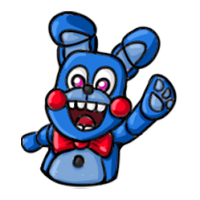
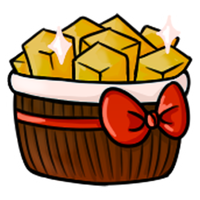






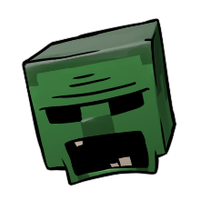











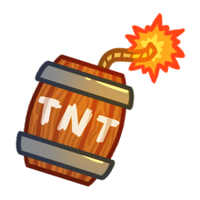






















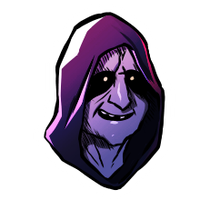


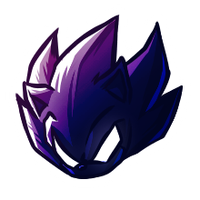




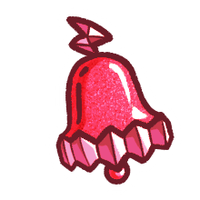




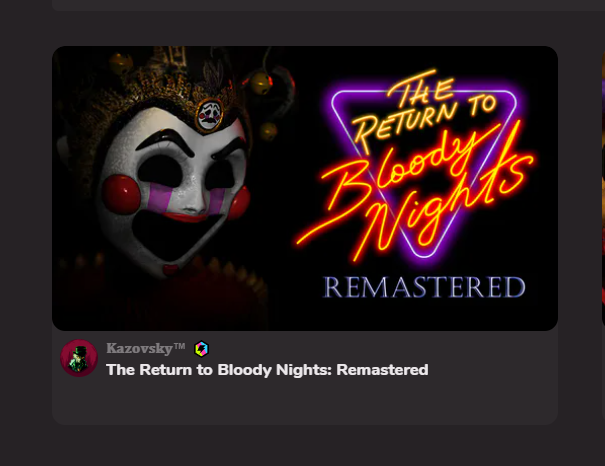
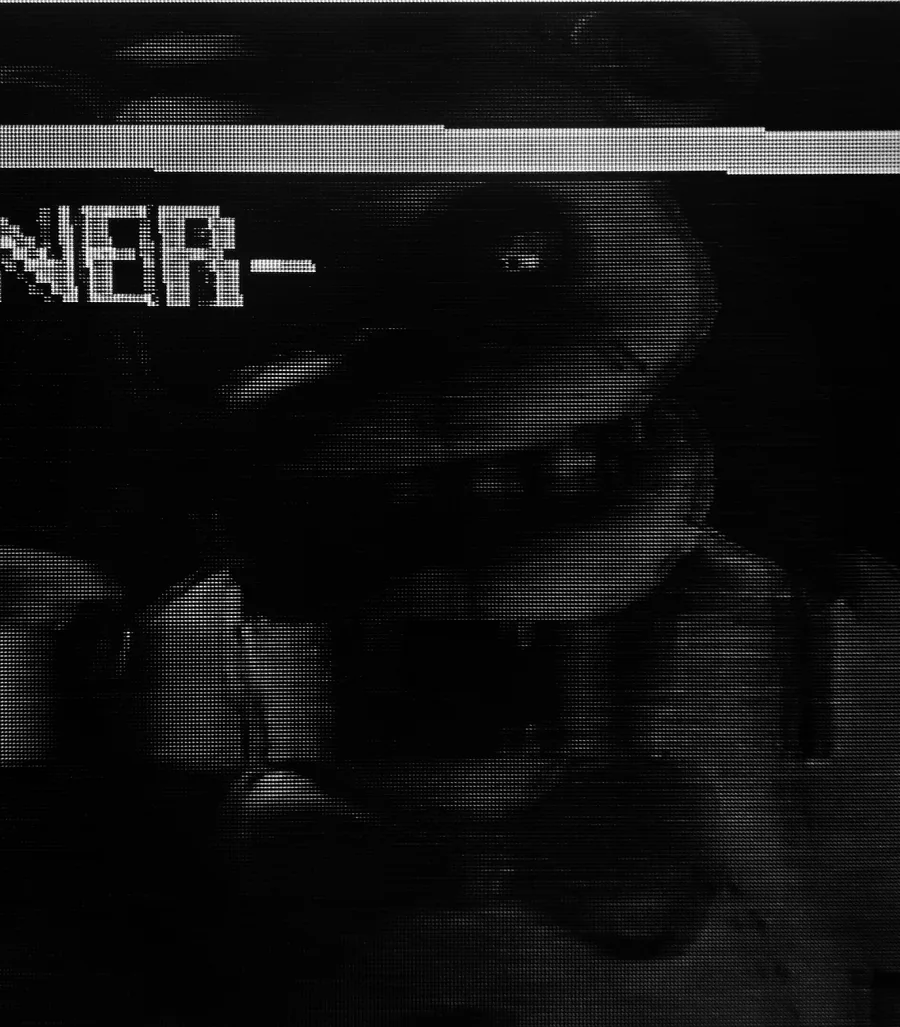
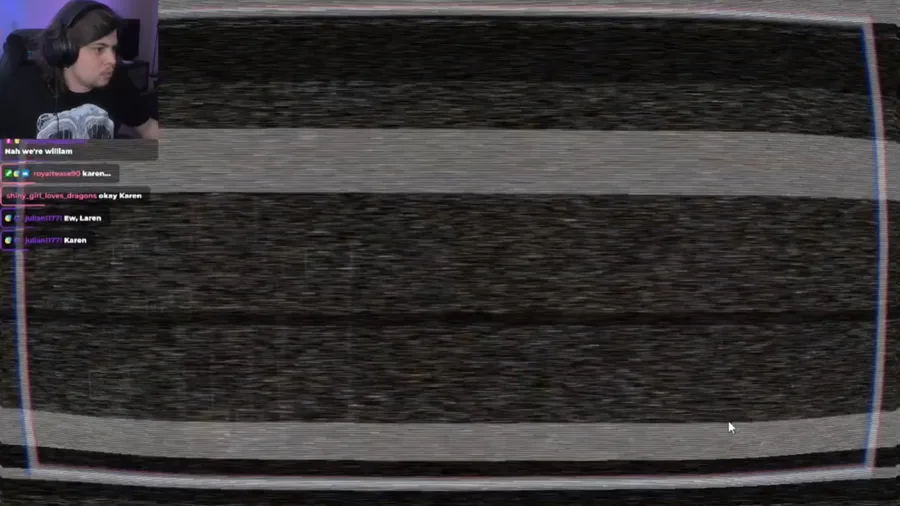
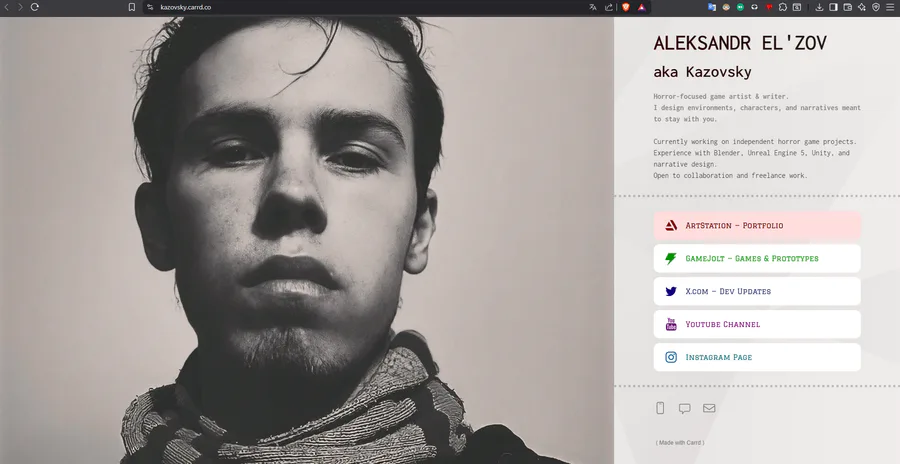
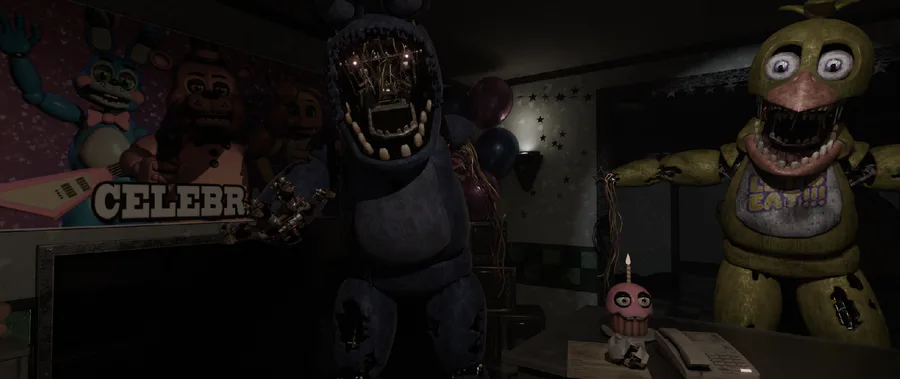
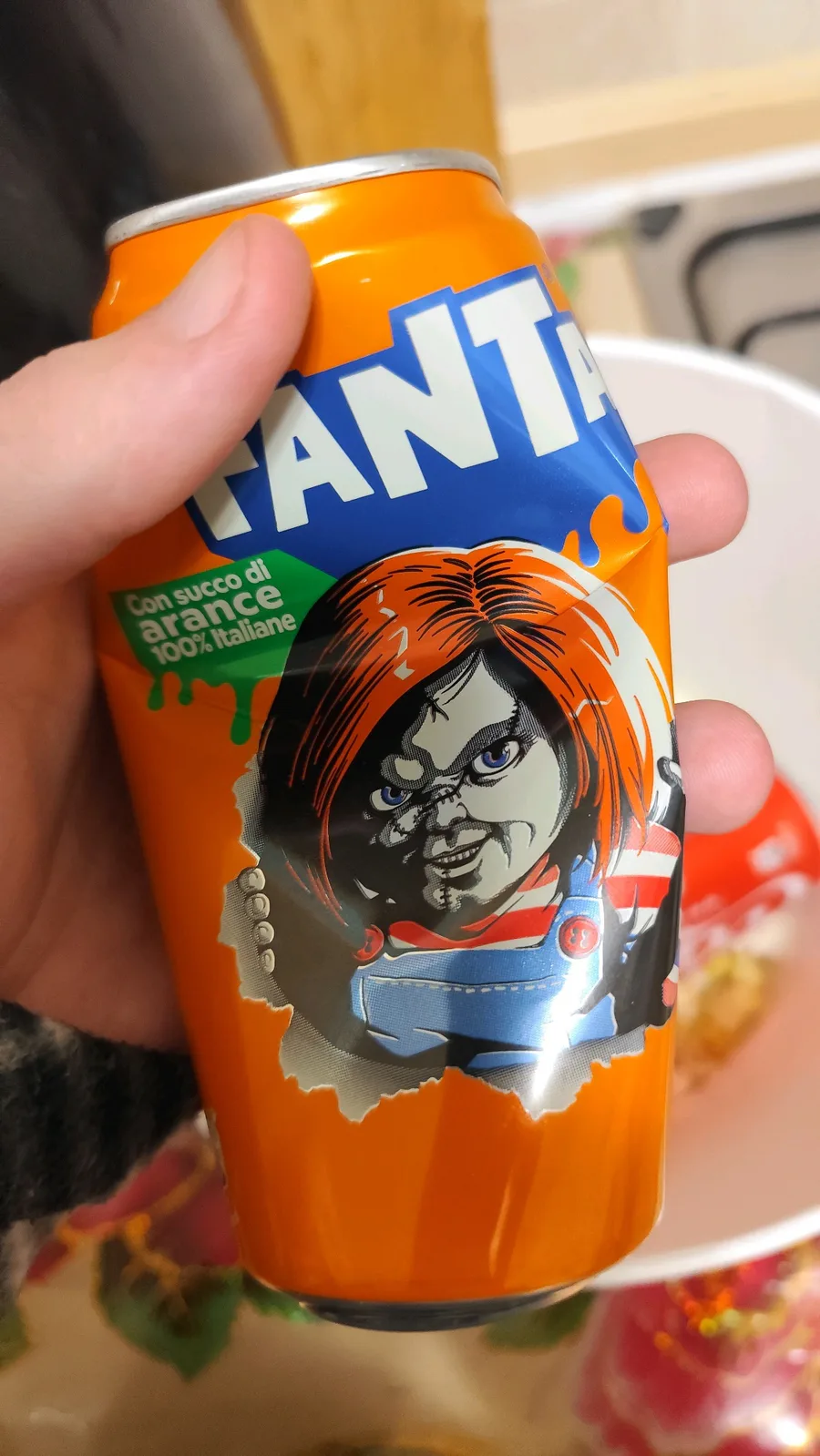
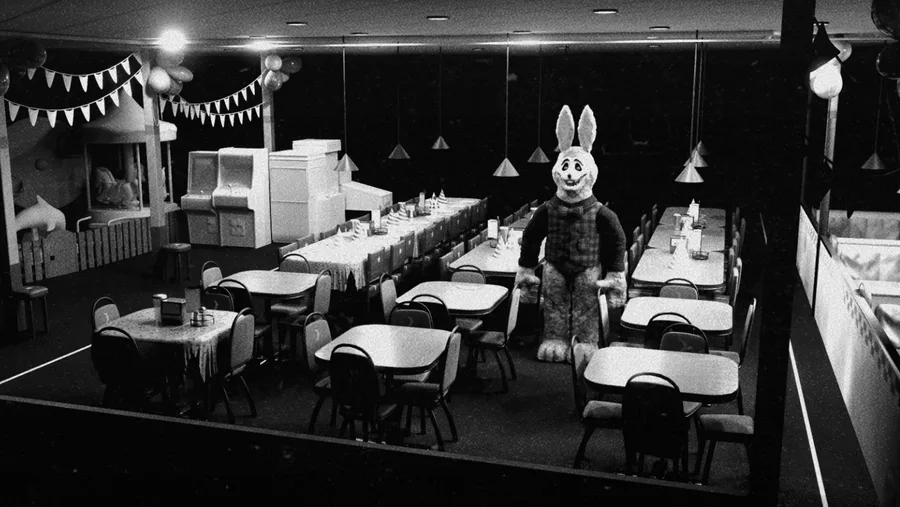
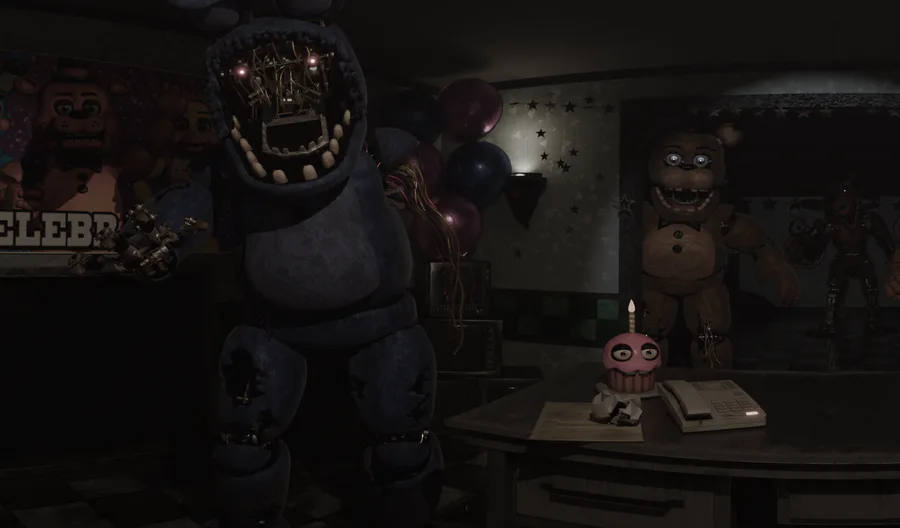
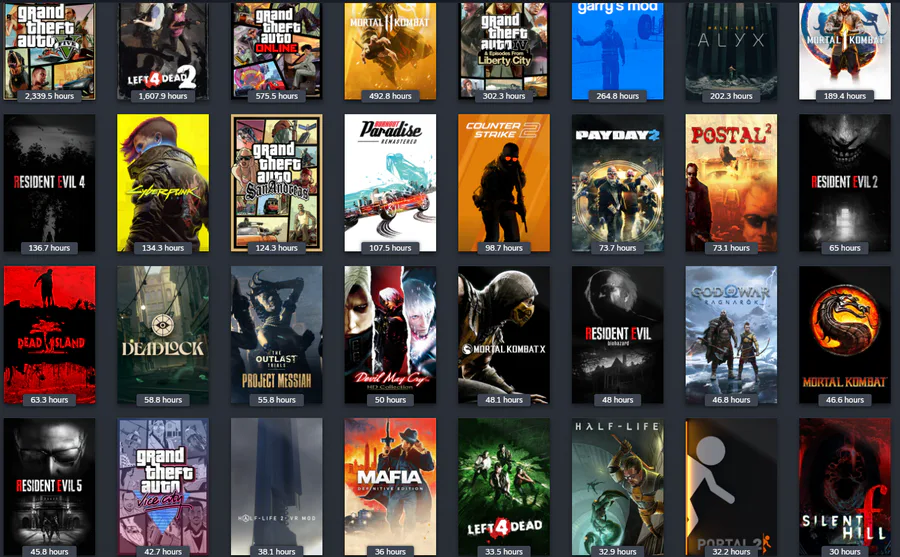
51 comments